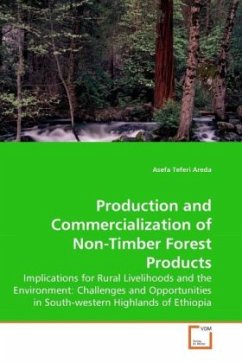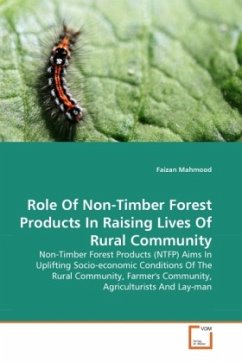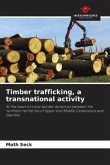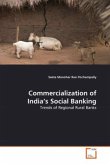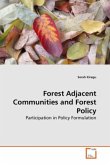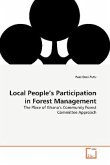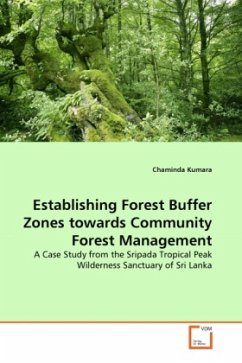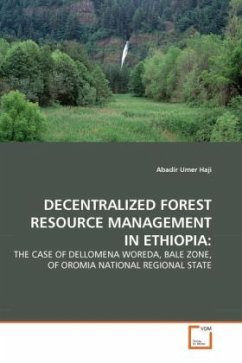The south-western highlands of Ethiopia primarily depend on coffee, which is often subject to market failures making the farmer coffee producers price recipients. This does not only affect their livelihood-base but also the environment as coffee farm is converted to other land uses clearing the coffee forest and its shade trees. On the other hand, production of non-timber forest products (NTFPs) other than coffee has invaluable importance from both rural livelihood security and resource conservation, perspectives. Despite the rich potential of the Jimma zone, the community is not well-integrated to NTFPs. Hence, the main purposes of this book are to assess the state of production and commercialization of NTFPs and factors affecting it; the role of NTFPs in rural livelihood security and production and marketing challenges and opportunities awaiting the sector. I hope this book contributes to the understanding of the role of NTFPs in improving rural livelihoods through sustainable use of forests and processes hampering it. This will help design appropriate interventions aiming at benefiting forest fringe communities in developing nations.
Bitte wählen Sie Ihr Anliegen aus.
Rechnungen
Retourenschein anfordern
Bestellstatus
Storno

